Dog microchipping is a crucial service that helps reunite lost pets with their owners. It is a permanent identification method that involves implanting a tiny microchip, about the size of a grain of rice, under your dog’s skin. This microchip carries a unique identification number linked to your contact information, which can be read by microchip scanners at animal shelters and veterinary hospitals. By having your dog microchipped, you significantly increase the chances of a successful reunion if your canine companion ever goes missing.
The microchipping procedure is quick, relatively painless, and can be performed during a routine veterinary visit. It does not require anesthesia, and the process is similar to that of a routine vaccination. Once your dog is microchipped, it is essential to register the microchip with your contact information and keep it updated in case your details change. This ensures that if your dog is ever found, the correct information is readily available to reunite you with your beloved pet.
Your Pet’s Health and Happiness Begin Here
Service FAQ
How does dog microchipping work?
Microchipping involves inserting a small chip under your dog’s skin, typically between the shoulder blades. This chip contains a unique identification number that is registered to your contact information. When a lost dog is found and scanned with a microchip reader, the owner’s details can be retrieved using the identification number, allowing for a successful reunion.
How much does dog microchipping cost?
The cost of microchipping varies depending on your location and the specific veterinary clinic, but it is generally an affordable procedure. It is a small investment that can provide significant peace of mind, knowing your dog can be easily identified and returned if lost.
Can microchipping replace collars and identification tags?
Microchipping should be used in conjunction with collars and identification tags, not as a replacement. While microchips provide permanent identification, collars and tags serve as a visible form of identification and can help someone who finds your lost dog to contact you immediately.
Is microchipping safe for my dog?
Yes, microchipping is considered a safe and effective method of permanent identification for dogs. The procedure is minimally invasive, and the chip is designed to last for the duration of your dog’s life without causing harm or discomfort.
Is microchipping mandatory for dogs?
While microchipping regulations vary by location, many places require dogs to be microchipped as part of responsible pet ownership. Even if not legally required, it is still highly recommended for the safety and well-being of your dog.
How do I update my contact information for my dog's microchip?
To update your contact information, you will need to contact the microchip registry associated with your dog’s specific chip. Most registries have an online portal or phone support to assist you in updating your information. Remember to keep your details current to ensure a swift reunion if your dog is ever lost.
